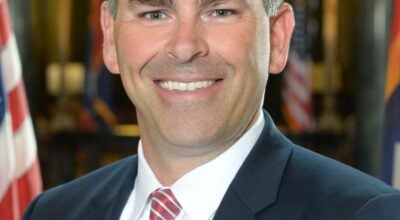Being respectful of all is not an attack
Published 12:00 pm Tuesday, November 10, 2015
I was extremely disappointed to read Friday’s column “Displays of Christian faith under attack.” Mr. Sigler equated calls to end public, Christian prayers in schools with attacks on Christianity and “persecution of Christians.” If a newspaper editor were to sue a government board for having closed-door meetings that she thought should be open, would she be ‘attacking Democracy?’ Of course not!
In an effort to prevent inappropriately excluding citizens, she would be challenging how and where the board governed. Similarly, challenging school prayer is not ‘attacking Christianity,’ but is challenging how and where it is practiced publicly, and for the same reason: to prevent inappropriately excluding citizens, including some students, teachers, administrators and audience members.
In the Oxford public schools, my child has friends who are Jewish, Muslim, Buddhist, Hindu and Atheist. These are good students, athletes, artists and most importantly, lovely young humans. How do these students feel each time a group Christian prayer is spoken by a teacher, coach, band director or fellow student? Of course, only the kids know how they feel, but common feelings must be: exclusion, isolation, anger, and maybe fear or shame. It is terribly sad to me that our schools would ever treat any of our children this way.
Do the adults leading school prayers not see the pain they are causing some, or do they just not care? I hope it’s the former. Do they not see a happy, sparkling-eyed Jewish child suddenly looking uncomfortable? Do they not see the engaged Atheist child losing interest and wandering away? Do they not see the friendly Muslim child becoming worried? So, what is the point of public prayer in schools? If prayers are led to create unity, it isn’t working for non-Christian kids, who are as much a part of the team as Christian kids.
If the point is to convert kids to Christianity, I doubt that it’s an effective approach. If it’s to shame kids who aren’t Christian, it may be working. If the ultimate goal is really to ask God’s blessings, wouldn’t that work just as well with a moment of silence, letting each Christian offer their own, heartfelt prayer to God, while everyone else is free to pray or meditate in their own way?
How can asking for behavior that is respectful of and inclusive to ALL of our children possibly be construed as an “attack on Christianity?”
Susie Adams
Oxford




